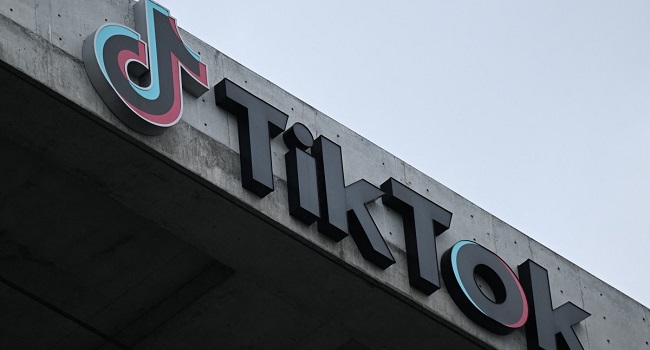US justice department counters TikTok’s lawsuit, citing national security concerns

The US Justice Department has responded to TikTok’s civil suit, arguing that a law forcing the app to be sold or face a US ban addresses national security concerns, not free speech. In a filing late Friday, the department countered TikTok’s claim that the law violates First Amendment rights.
TikTok’s suit, filed in a Washington federal court, argues that the law infringes on its right to free speech. However, the Justice Department asserts that ByteDance, TikTok’s Chinese parent company, cannot claim First Amendment rights in the US.
Senior Justice Department officials detailed concerns that ByteDance could comply with Chinese government demands for data on US users or yield to pressure to censor or promote content on the platform. The officials emphasized that the law aims to mitigate these national security risks.
The Justice Department’s response also highlights the potential for ByteDance to share user data with the Chinese government, posing a threat to US national security. The filing argues that the law is necessary to protect American users’ sensitive information and prevent potential espionage.
TikTok has pushed back against the law, calling the demanded divestiture “simply not possible” within the required timeline. The company faces a mid-January 2025 deadline to find a non-Chinese buyer or face a US ban, with a possible 90-day extension by the White House.
In its suit, TikTok and ByteDance argue that the law unfairly targets their platform, subjecting it to a permanent, nationwide ban and barring Americans from participating in a unique online community with over one billion users worldwide.
ByteDance has stated it has no plans to sell TikTok, leaving the lawsuit as its only option to avoid a ban. The lawsuit warns that the law will force a shutdown of TikTok by January 19, 2025, “silencing” users who rely on the platform for unique communication.
TikTok’s legal challenges began under former President Donald Trump’s administration, which attempted to ban the app but was blocked by a federal judge citing free speech concerns.
The new effort, signed into law by President Joe Biden, aims to overcome similar legal hurdles. Experts believe the US Supreme Court may be open to allowing national security considerations to outweigh free speech protections in this case.
A senior Justice Department official called the new statute a “game changer” from previous arguments, suggesting that the court may view national security concerns as a compelling reason to uphold the law.
However, doubts remain about the feasibility of finding a buyer for TikTok, even if ByteDance agrees to sell. Antitrust concerns may bar big tech companies like Meta or Google from purchasing the app, and other potential buyers may not have the resources to acquire one of the world’s most successful apps, used by approximately 170 million people in the United States alone.





